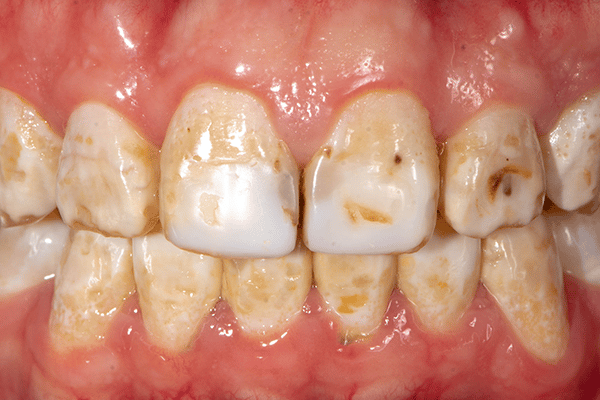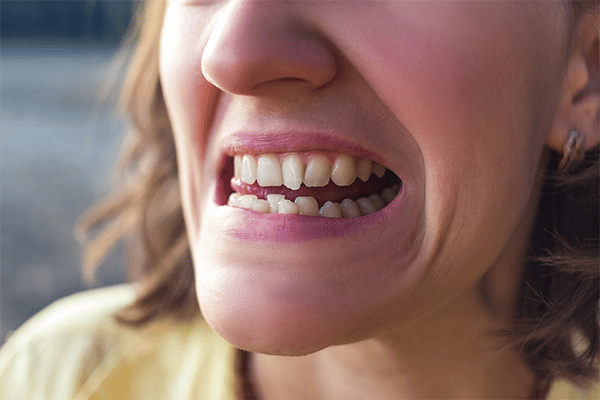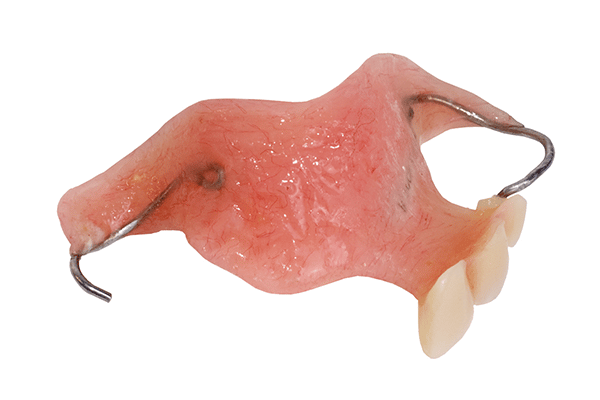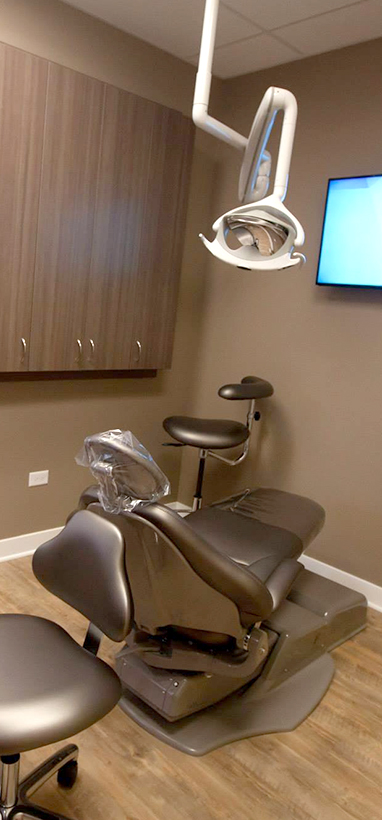1516 Legacy Cir, Naperville, IL 60563
How Does Smoking Affect Your Teeth and Gums?
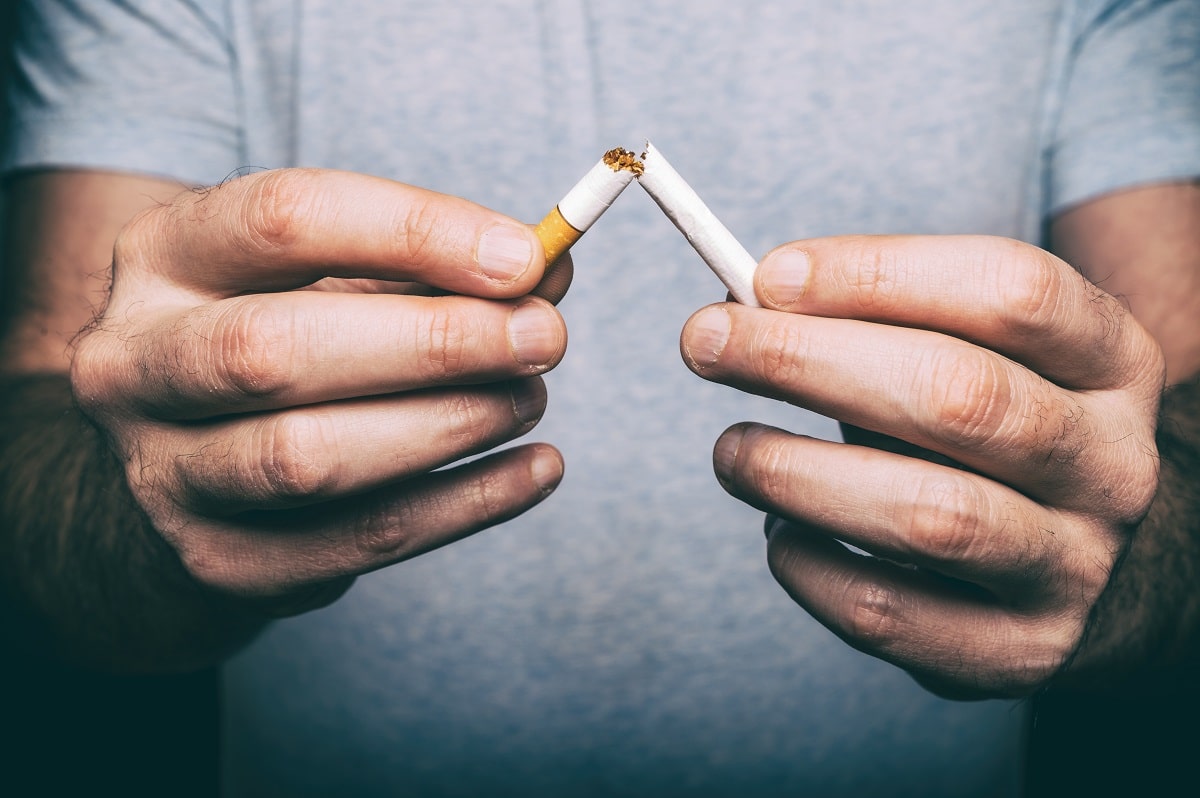
By now, virtually everybody should be aware of the negative impact smoking has on your health – but did you know it can have a huge effect on your dental health too?
Understanding smoking and teeth problems will help you regain control over your dental health.
In this piece, we’ll explore the ways that smoking affects your teeth, smoking’s impact on your gums, and some alternatives you may consider to reduce those effects.
In What Ways Does Smoking Affect the Teeth and Gums?
There are many tobacco effects on teeth to be mindful of if you’re a smoker, or even if you’re quitting smoking. Tobacco products and smoking cigarettes can damage your oral health, cause tobacco stains, and cause long-term health problems.
The effects of tobacco on oral health include:
-
Periodontal Disease and Tartar
The chemicals found in tobacco products impact the production of saliva in your mouth. With reduced saliva, bacteria have more of an opportunity to grow and stick to the teeth. As the layer of bacteria around your gums and teeth grows, particularly along the gum line, it eventually hardens and forms tartar.
As a result, smokers are much more likely to develop periodontal disease or gum disease, which harms the roots of your teeth and can ultimately lead to tooth loss.
-
Teeth Stains and Discoloration
The harsh chemicals in cigarettes, including tar and nicotine, can also cause discoloration and visual damage to your teeth. The more you smoke and the longer you smoke, the more your teeth are exposed to these chemicals, causing more nicotine stains on the teeth.
Even with regular cleaning, it can be hard to stay on top of the damage done to your teeth from frequent smoking. Tobacco stains on teeth can be removed, but to ensure they don’t come back, you will need to quit smoking.
-
Mouth Cancer
Roughly 90% of people with oral cancer smoke cigarettes or use some form of tobacco, and smokers are around six times more likely to develop oral cancer. The harmful chemicals in cigarettes and tobacco are now well documented, so not only can smoking cause damage to your teeth, but it poses a risk to your health that can even put your life in danger.
-
Bad Blood Circulation
Smoking also impacts the health of your gum tissue, which in turn affects the health of your teeth. It occurs as a result of the normal flow of blood being negatively affected by regular smoking.
Without normal blood flow to your gums, smokers more easily develop gum disease and may notice that their gums bleed when brushing or flossing.
While gum disease can be treated, without quitting smoking it becomes more difficult to fully reverse
-
Bad Breath
For the reasons described above, including the build-up of tartar, smoking can cause bad breath. It dries out your mouth and makes it easier for bacteria to grow and create unpleasant smells, contributes to the build-up of tartar, and can also cause gum disease.
Combined with the fact that tobacco smoke already has a strong smell, you should expect that smoking will cause some bad smells in your mouth after years of doing it.
From bad smells to cancer, black teeth from smoking to gum disease, there are lots of ways that tobacco impacts your oral health.
Does Smoking Cause Tooth Decay?
Tooth decay from smoking is real, and once it starts happening, it can be hard to stop without quitting smoking. Given that smoking is one of the worst contributing factors to gum disease, you should expect that as your gums’ health is impacted over time, your chances of tooth loss also increase over time.
Smoking dries out your mouth, making it easier for bacteria to develop, for tartar – hardened plaque – to develop around the teeth, and ultimately, contributing to tooth decay and loss.
Can Smoking Lead to Gum Disease?
Yes, smoking can lead to gum disease. Smoking and tooth loss are connected, and while it is possible to treat gum disease, continuing to smoke makes it harder.
As we have already discussed, your chances of developing gum disease are higher if you smoke. In fact, you are roughly twice as likely to develop gum disease if you smoke, and the longer you do smoke, the higher your chances grow.
While the tobacco effects on teeth are commonly known when it comes to smoking, tobacco in any form can increase your risk of developing gum disease. This includes smokeless tobacco, cigarettes, and pipes.
Is Smokeless Tobacco Safer For Your Teeth?
Just because smokeless tobacco doesn’t burn, doesn’t mean it’s not bad for your teeth. All the usual tobacco teeth effects you see from smoking come from chewing tobacco, and then some!
Chewing tobacco gives you bad breath, can contribute towards receding gums and gum loss, can make your teeth more sensitive, and risks tooth decay. And, while smoking tobacco worsens these effects over time, chewing tobacco causes all of these problems in a relatively short period of time.
Long-term, you might expect bone loss surrounding your teeth, cavities, mouth cancer, and even an increased risk of heart disease.
Are Vapes Safer for Teeth?
Vaping does pose a smaller risk to your teeth and oral health, but that doesn’t mean it’s completely without danger. Vaping can cause dry mouth, which contributes to the build-up of bacteria that hurts your gums and helps the development of tartar. This, in turn, makes cavities, gum disease, and tooth decay more likely.
Some studies have also shown that vaping triggers an inflammatory response in your gums, which can also contribute to gum disease.
Interestingly, vaping has been linked to DNA damage, causing cell death. This means that cells in your gums cannot reproduce as normal, ultimately causing bone loss, bad breath, tooth decay, and gum disease.
Vaping is a great way to help you quit smoking, but it also poses a long-term risk to your oral health.
Quitting Smoking Will Protect Your Oral Health
While there are certainly ways you can reduce the impact smoking has on your oral health, like flossing and brushing more often, there is only one way to completely stop the negative impact of smoking.
That’s quitting smoking!
Taking better care of your teeth is a great first step, but in the long run, the difference between smokers’ teeth vs non-smokers’ teeth should be your motivation to make a change.
As you can see, it’s substantial.
If you’d like to improve your oral health and reduce the chances of tooth loss and cancer, Living Well Dental Group is happy to answer any questions and get you booked in for an appointment to see where your oral health currently stands.
For more information, call the team today at 630-505-1516 or book your appointment online!


